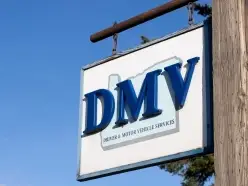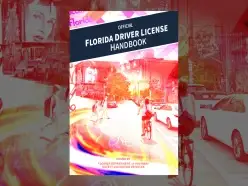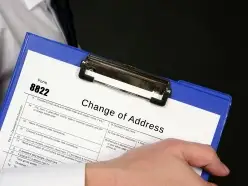
If you live in Florida and own a car, truck, or other vehicle, you need to register it with the Florida Department of Highway Safety and Motor Vehicles (DHSMV). This process can be confusing, especially if you're not familiar with the requirements, deadlines, and fees involved. In this post, we'll guide you through the steps to register your vehicle, renew your title, and pay your fees online or via mobile app. We'll also answer some common questions about Florida vehicle registration that you may have.
Registering Your Vehicle
To register your vehicle in Florida, you need to provide the DHSMV with the following documents:
- Proof of ownership, such as a title or bill of sale.
- Proof of identity, such as a driver's license or ID card.
- Proof of insurance, such as a policy or card.
- Proof of a passed vehicle inspection, if required.
- Payment of registration fees, which vary depending on the type of vehicle and its weight.
- You can register your vehicle in person, by mail, or online. To complete the registration process, you may need to submit additional documents or information, such as a lien release or registration transfer.
Renewing Your Title
If you already have a Florida vehicle title, you need to renew it every year or two, depending on your situation. To renew your title, you can do it online or by mail, as long as your information hasn't changed. You'll need to provide proof of insurance, pay the renewal fee, and update any additional information as needed, such as your address or vehicle weight.
Paying for Your Vehicle Registration
When you register or renew your vehicle in Florida, you need to pay a registration fee, as well as additional fees for other items, such as a license plate or local tax. You can pay for your registration online using a credit card or debit card, or in person with cash, check, or money order. You can also set up automatic renewal payments to avoid late fees.
Using the DHSMV Mobile App
To make the process of registering and renewing your vehicle more convenient, the DHSMV offers a mobile app called MyFlorida. This app allows you to update your vehicle information, pay fees, and access your driving record from your smartphone or tablet. You can download the app for free from the App Store or Google Play, and use it to save time and hassle.
Registering Heavy Trucks
If you own a heavy truck in Florida, you need to register it with the DHSMV and obtain a commercial motor vehicle (CMV) registration. This process is more complex than registering a regular vehicle, as you need to comply with federal and state regulations, such as safety inspections and insurance requirements. To learn more about registering heavy trucks in Florida, visit the DHSMV website or consult a qualified attorney or agent.
Proving Payment or Exemption
If you receive a notice from the DHSMV that you need to pay a delinquent fee, you can prove your payment or exemption status by providing the following documents:
- A copy of your canceled check or money order.
- A printout of your electronic payment receipt.
- A certificate of exemption or waiver, if applicable.
- You can also contact the DHSMV directly by phone, email, or mail to resolve any issues with your payment or exemption status.
Conclusion
Registering and renewing your vehicle in Florida can be a complex and time-consuming process, but with the right information and resources, it can be more manageable. By following the steps and tips we've provided in this post, you can ensure that your vehicle is properly registered, titled, and paid for, and that you comply with all relevant laws and regulations. Remember to keep your records, paperwork, and proof of payment up to date, and to seek professional help if you're unsure about any aspect of your vehicle registration.
What to bring to my Appointment?
You are applying for a driver's license or ID card for the first time.
Your current license is expiring, and it doesn't have a star in the upper corner.
You legally changed your name (e.g., through marriage, divorce, or court order).
If you meet one of the three conditions described above, you will need to bring...
Read more about what to bring to your appointment.
Reader's comments
Joel Ley
The Florida DMV system and endless relinking to try nd get an appointment scheduled at a facilitate is by FAR the absolute worst I have ever encountered/ Ot is beyond convoluted and has a seemingly endless series of redirects and misleading or vague information. As a 26yr IT professional I have to say that this online experience should be an embarrassment to the state. I have waisted over an hour our reviewing links and redirects and still cannot seem to get an appointment scheduled.



 What to Bring
What to Bring Florida Handbook
Florida Handbook Fees
Fees Download Forms
Download Forms
Common Questions and Answers
You need to provide proof of ownership, identity, insurance, and payment of registration fees. You can do it online, by mail, or in person.
You can renew your title online or by mail, as long as your information hasn't changed. You need to provide proof of insurance, pay the renewal fee, and update any additional information as needed.
You can pay for your registration online using a credit card or debit card, or in person with cash, check, or money order. You can also set up automatic renewal payments.